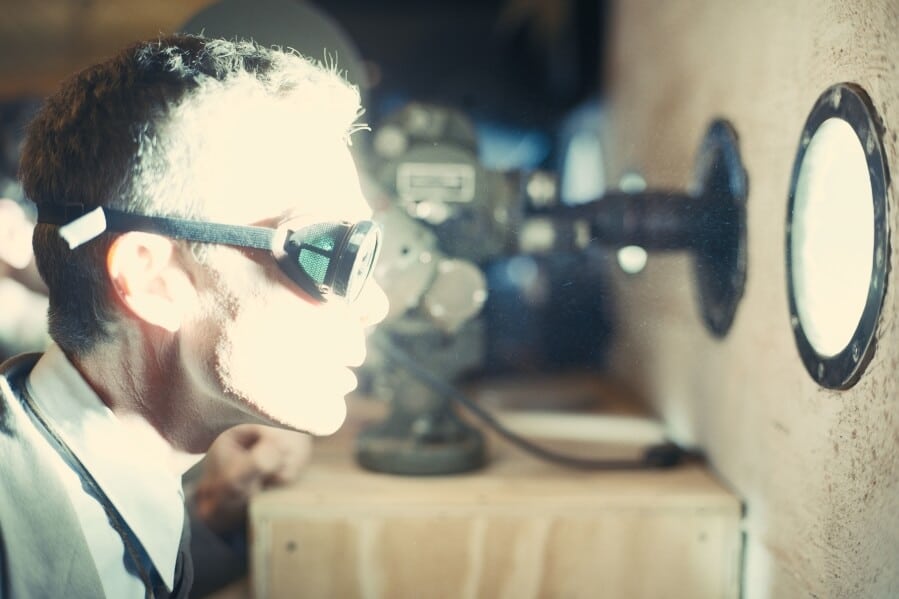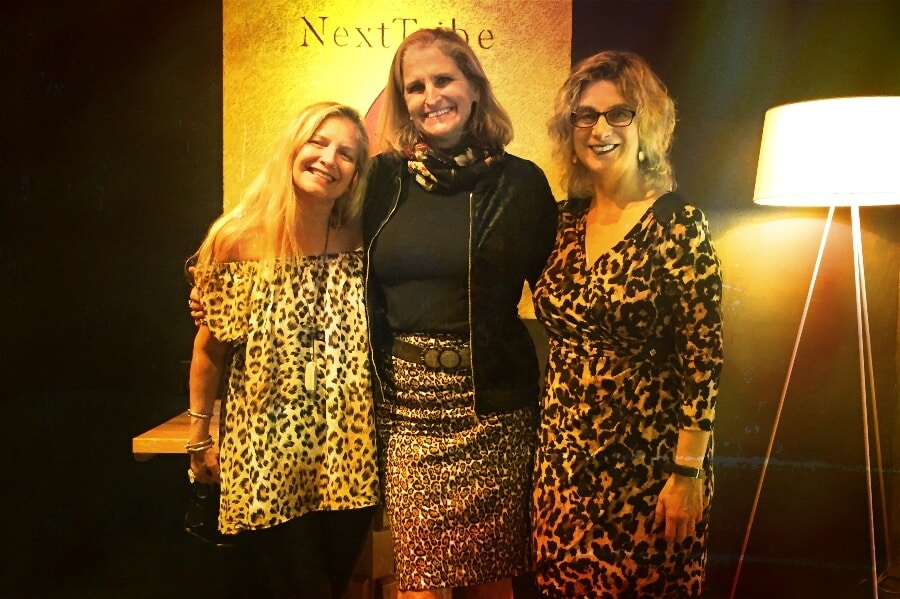I have just seen Christopher Nolan’s movie, Oppenheimer, which is powerful and thought provoking. For me, it brought up many emotions: pride in my father’s lifetime crusade to ban all things nuclear, and memories of, and questions about, my own journey to make a difference on the issue.
During the ‘70s, my best friend Wendy and I held regular events at a complex run by actor-director Tony Bill. For example, we showed a film of a speech by Australian physicist Helen Caldicott, warning of the dangers of nuclear power. Wendy and I even wrote an anti-nuclear fashion show. (“What to wear to the meltdown!”)
There were so many musical events in those years, including Peace Sunday, at the Rose Bowl: the last time Joan Baez and Bob Dylan shared a stage. I wept real tears. I remember another, at the Hollywood Bowl, where a relatively new guy named Springsteen was the surprise guest at the end. He sang one song acoustically, “This Land Is Your Land.” One of my first summer jobs was working alongside the actress Donna Reed in a small entity she founded called Another Mother for Peace. (“War is Not Healthy For Children and Other Living Things” was its motto.)
Read More: Gun Violence: A Half Century of Hope and Prayers is Enough
Oppenheimer and Activism
But what Oppenheimer most called back for me was a trip Wendy and I took to St. George, Utah. It turns out that after The Manhattan Project, the bomb tests continued for several years. Those tests were of the more lethal hydrogen variety favored by Edward Teller. The good citizens of St. George were told there was nothing to worry about. In fact, they were encouraged to share picnics on testing days, enjoy the “fresh” air with family and friends. All in support of their country’s budding arms race.
The good citizens of St. George were told there was nothing to worry about.
As one paper later reported, “Science students, ignorant of fallout’s potential effects, climbed nearby hills to watch the bomb tests. Housewives hung laundry on clotheslines as the gritty radioactive dirt fell around them. Farm families ate vegetables from contaminated soil and drank raw milk from cows that had eaten radioactive forage.”
I quickly realized St. George was a small town when, in preparation, I called its city hall and asked for the mayor’s press secretary. The response from the man who answered was, “I’m the mayor and I don’t have a press secretary.” So, we showed up for a few days and basically knocked on doors. We’d ask residents if they knew anyone who had died of cancer in the last few years. “Oh yes,’ said one woman, pointing, “the man over there did, and my neighbor next door did…” We visited the town cemetery and tracked how many St. Georgians had passed away within a year or two of each other. The numbers and years were obvious and heartbreaking.
Finally, decades later, a class action suit won some money for families whose lives had been rife with cancer, birth defects, and mental retardation. But they never got what they wanted most: a simple apology.
The Catalyst We Need?
Yes, my memory rant emerges from watching a brave new film about a brave but complicated man. I found an article I wrote in 1971 which featured interviews with those who worked with him on the “gadget” that would change the world. “I remember watching Oppy read the teletype of the results of Hiroshima and seeing my comrades partying,” said one Robert Bacher. He and the others had wildly mixed emotions: proud of their work but able to see the consequences ahead.
As we age, do we lose our ability to be activists?
So, I wonder: As we age, do we lose our ability to be activists? Our children are and will be living with climate change and gun violence, but somehow, getting our legislators to move on anything that doesn’t give them personal power, makes many feel hopeless. Certainly, activism has worked on racial and identity issues of late, and there are ‘get out the vote’ writing groups that continue bravely. Some even knock on doors on voting days—as I did in St. George for other reasons—but I get tired just thinking about that.
Fortunately, many of our heroes are still at it: Springsteen reminding us that this land is ours; Baez quietly finding the energy to show up (currently on a private visit to Ukraine). Actors and writers in Hollywood are picketing daily for their deserved share of the wealth. And one of them, Christopher Nolan, is hopefully making a difference with a somber but exciting three-hour film. The fact that it is filling theaters and making hundreds of millions of dollars gives me hope. That activism is still stirring within us.
Read More: This Changes Everything Documentary Spotlights Hollywood’s “Female Problem”





















0 Comments